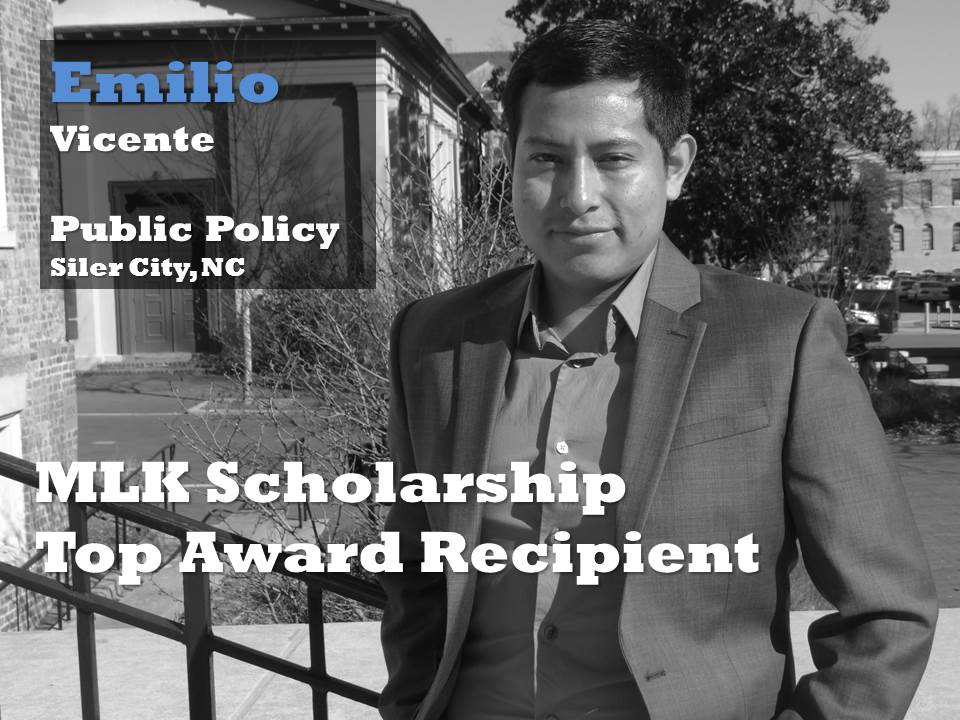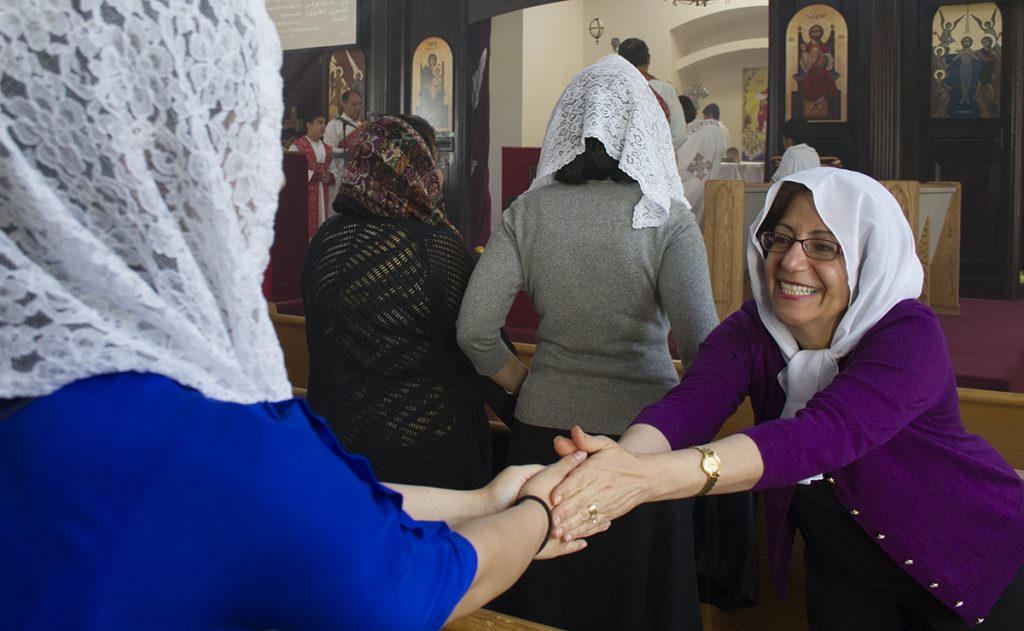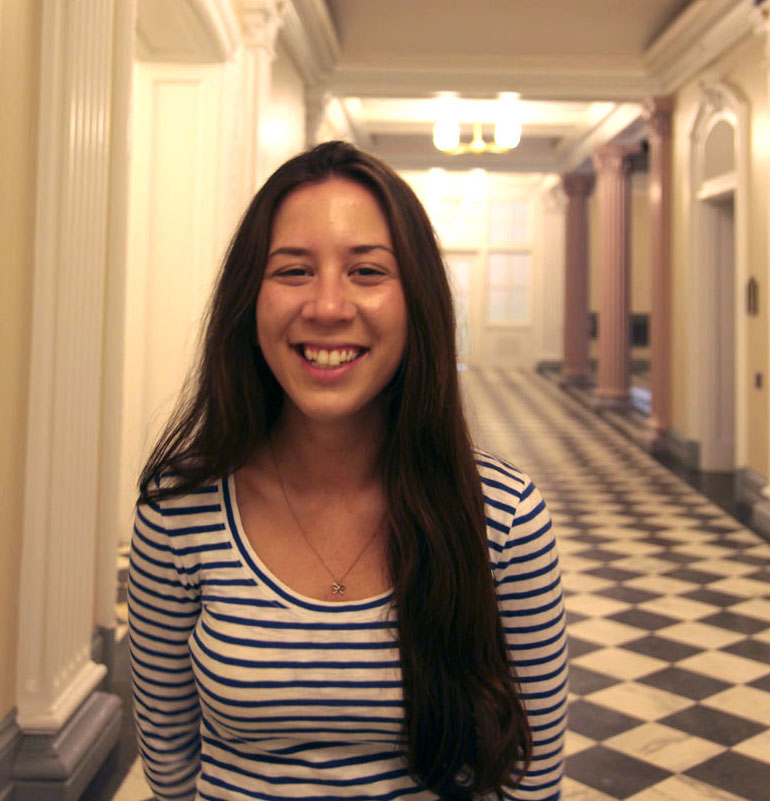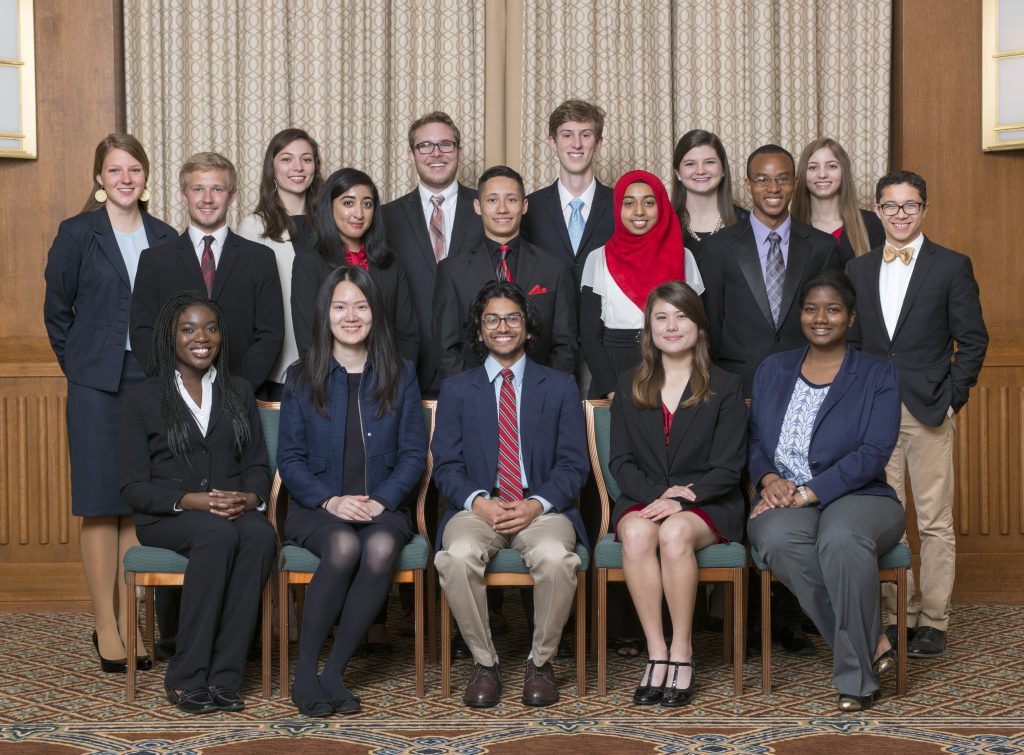
(Jon Gardiner/UNC-Chapel Hill)
Jane Thrailkill, the Bowman and Gordon Gray Distinguished Term Associate Professor in the department of English and comparative literature, is “passionate about provoking students to think across traditional boundaries.”
A leader in the medical humanities field, Thrailkill has worked to cultivate the relationship between the humanities and the sciences both within and outside of the academy. Numerous examples demonstrate her efforts: she teaches courses in both the English department and the School of Medicine; she co-created a laboratory where students and faculty can collaborate on interdisciplinary research projects; and she directs the new graduate program in Literature, Medicine, and Culture.
She is the winner of the 2017 UNC Board of Governors Award for Excellence in Teaching. Students call her “brilliant and accessible, demanding and supportive,” “generous,” “pragmatic,” “student-centered,” “effective” and “innovative.” She answered questions about teaching in this recent Q&A.
Q: The Teaching Awards underscore the importance and support good teaching within the University. What does this award mean to you?
A: I am over the moon at receiving this award! Prior recipients from the English department include Darryl Gless, Trudier Harris, Chris Armitage, Tom Stumpf and Weldon Thornton. When I arrived at Carolina in 2000, fresh out of graduate school, this group of faculty was legendary for being great teachers, dedicated mentors and supportive colleagues, as well. To me, adding my name to this long list of honored English professors affirms that literary study — and the liberal arts more broadly — is an area of persistent strength and importance at this great public University
Q: Is there a particular achievement in your career that makes you especially proud?
A: I am especially proud of the work I’ve done in the field of health humanities. Health humanities enlists the creative and intellectual resources of the arts and humanities to affect practice — and reflect on concerns pertinent to — the health sciences. Working with colleagues in other departments, I’ve helped to start an honors minor and an M.A. concentration in literature, medicine, and culture. My colleague Jordynn Jack and I together founded HHIVE Lab (hhive.unc.edu), one of the first health humanities research labs in the country. I’ve found that students at Carolina have been energized by classes that use literature to explore the experiential dimensions of sickness, disability and human mortality. One pre-med student delighted me by saying, “It’s a funny thing to realize that my undergrad class most relevant to medicine wasn’t biology but a literature course!” As Chancellor Folt has emphasized, our undergraduates are hungry for educational experiences that connect them to the world beyond the classroom.

Q: As an educator, what teaching methods do you use to engage students?
A: I use everything at my disposal when I teach students: nothing is off the table. In any given class I cajole, query, listen, lecture, quote, joke, play devil’s advocate and generally harangue my students into conversation about the literature we’re studying. I draw on other media, often pulling in clips from films or current newspaper headlines to point up recurrent themes. The primary analytical technique is close reading, careful attention to an illuminating stanza or passage in a literary work.
We’re doing all of the above right now with the North Carolina author Charles Chesnutt. My American literature students are reading his astonishing novel, The Marrow of Tradition, about the 1898 Wilmington coup d’état. Close reading allows us to see how Chesnutt uses free indirect discourse to make readers inhabit the points of view of characters from different races. We then move from close reading to larger questions, paradoxes, and insights: how could white supremacy hold sway during a time — the Progressive Era in U.S. history — when attention to reform and race relations was a societal priority? My students have had extraordinary things to say about Chesnutt’s depiction of fearfulness and misrecognition, as compared to the recent horror film Get Out. These moments are thrilling for me as an educator: when I see my students, through the study of literary history, becoming engaged, insightful readers of our current cultural moment.
Q: What do you feel is the most important thing you can pass on to your current students?
A: One of my most profound teaching experiences at UNC-Chapel Hill took place on September 11, 2001, with a group of first-year students. I walked into my 9:30 class barely an hour after planes crashed into the World Trade Center. Shaken up and uncertain, I asked my stunned students (including three Muslims) if we should hold class, and they were unanimous that we should. What followed was a difficult discussion in which we all talked about our shock, fear and sadness. We began the process of trying to understand what seemed to defy our capacity to do so. That powerful, impromptu conversation helped me, then a newly minted Ph.D., to see the classroom as a space to help students develop the analytical tools — along with the empathy and tact — for living in a complex, diverse and risky world. The importance of skilled communication, of understanding divergent points of view, of facing difficulty and uncertainty, of looking beyond the obvious, of tolerating ambiguity, of acknowledging our feelings and frailties: I believe strongly that these are some qualities of mind and heart that humanistic study can help to foster.
Read more about Jane Thrailkill’s award.




